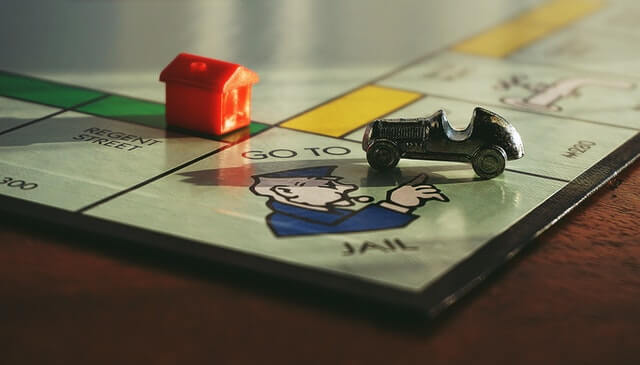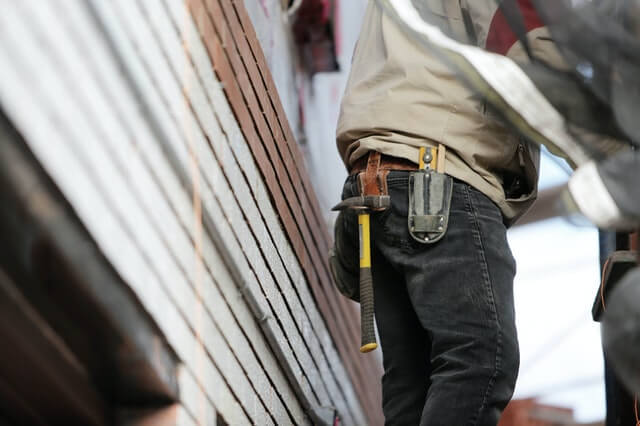As we know, being a landlord is a job that entails numerous responsibilities. It is not simply renting out to people. How we wish it was that easy, but it’s not. However, being a landlord does have its advantages. The income from renting out properties is decent and stable. There is also the satisfaction that comes from knowing you helped someone find a home.
Being a landlord and owning properties also has its risks. I’m not saying that to discourage anyone. But knowing full well what’s in store is an advantage. Anyone who wants to become a landlord should know everything, the good and the bad. What risks are there? I’m going to list down some of it, and who knows? You might know someone who wants to become a landlord but does not know the hazards it can bring and ways to avoid them.

Acquiring the wrong property
Buying properties is one form of investment. A person may want to buy one to make it generate an income. For landlords, purchasing the right property can ensure them a stable business. However, not all houses can become reliable investments. The landlord should take in several factors before spending money on real estate.
For example, most tenants like to look at a property’s location before they choose. If the property is in a remote area and going there is difficult, it might discourage renters. Some tenants also like to consider if the neighborhood is safe, especially if they have children. It is crucial to buy the right property, or the landlord might end up with an empty, unproductive house.
Maintenance and repairs
Being a landlord is not only receiving money, but it also means spending money. Sometimes you have to spend money to save money. Does that make sense? Okay, I’ll explain it further. The appliances or gadgets in a property will encounter glitches sooner or later. Once this happens, the landlord would have to pay for the repairs. However, if the landlord will pay for preventive maintenance, inspections, and insurance, he can avoid spending a lot on repairs. He can also set up a separate fund for emergencies.

Long-term vacancy
Every landlord dreads having a property vacant for too long. No tenants will mean no income for them. The best thing to do is to find tenants who will rent long-term. The landlords should maintain their property, offer an affordable price, and treat the tenants well.
You can also approach them with your services, especially in marketing the rental. By signing up for Padleads, the job will be easier to do. You can post the property listings online and have them syndicated to other websites. The landlords won’t have to worry about vacancies after that.
Legal charges
One of the worse things that can happen to a landlord is having to face lawsuits. The tenants can file cases against a landlord if they find something wrong. The landlord might have evicted them for the wrong reasons, financial issues, or a breach in the contract. There are several reasons why a tenant would file a case against the landlord, but he can avoid this. The landlord can evade lawsuits by following the state laws and upholding the lease agreement.

Unpaid rent
Unfortunately, some landlords experience tenants who refuse to pay the rent. We can understand if they missed a month because they had financial problems. But if it happens every month, then something’s wrong. The landlord can evict a tenant if they consistently fail to pay the rent. If he wants to avoid it altogether, the best thing to do is screen the tenants thoroughly. You can also do it if they hire you as an agent. Screen their credit scores and income to determine if they can afford the rental price. It is better to prevent the problem rather than dealing with it when it transpires.
Every business comes with risks, but it does not mean we should not do it anymore. We’re talking about this to educate everyone who wants to become a landlord. Anyone who wants to take up the role should not blindly dive into it. They should go in eyes open.